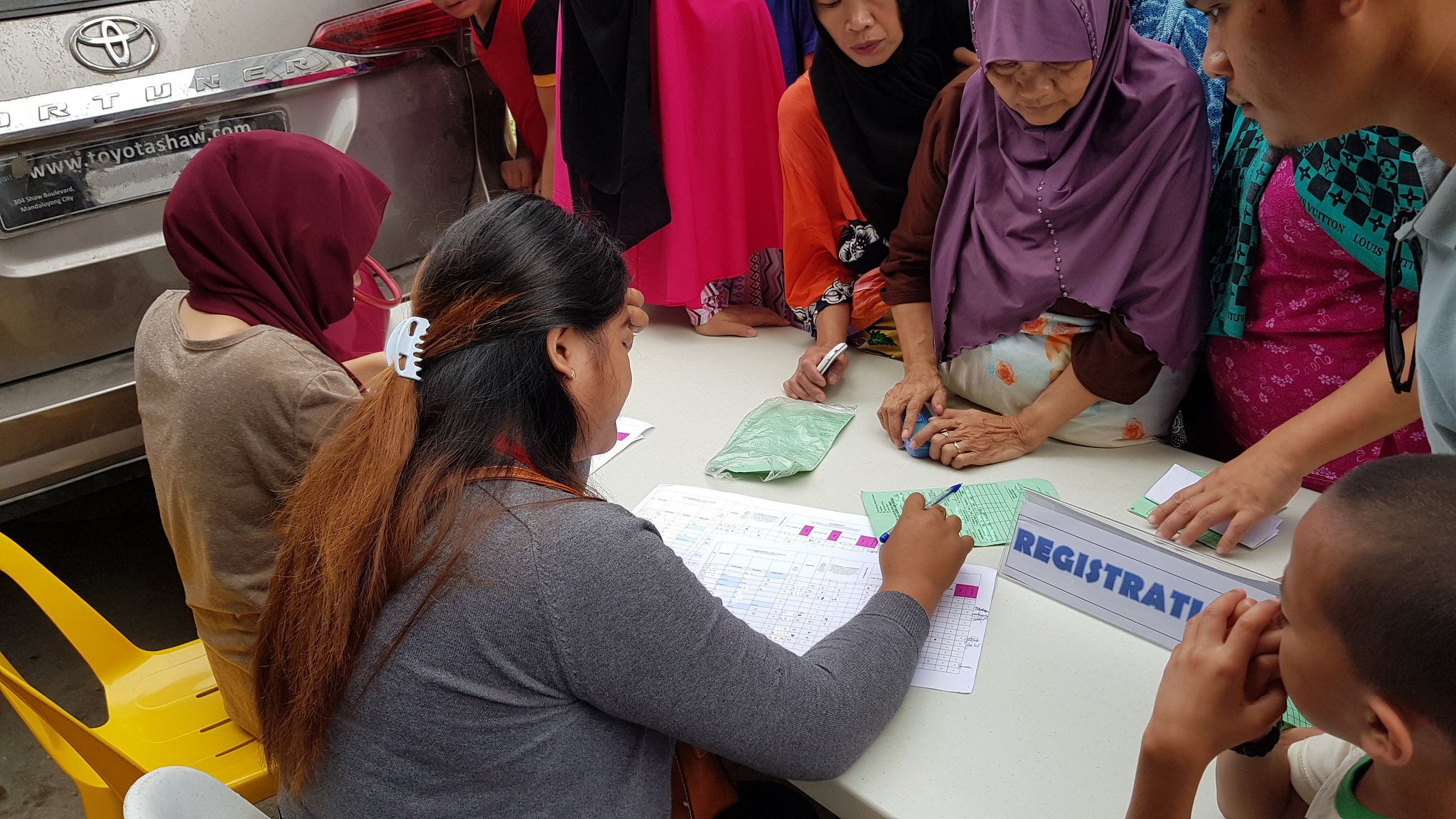In May this year violent clashes began in Marawi after army forces in the Philippines raided the hideout of the commander of Abu Sayyaf, a militant group, which has pledged allegiance to Daesh (also known as Islamic State). Violence then escalated when Abu Sayyaf called in reinforcements from the Maute militant group, who occupied and burned several buildings (including a hospital, jail, and school) and controlled two bridges leading into the city.
Violence is still raging in the city 100 days later, and tens of thousands of people who had to flee their homes remain displaced.
The Start Network is providing help to people affected by the conflict through two programmes, the Start Fund enabled a rapid response and the Disasters and Emergencies Preparedness Programme (DEPP) enabled agencies to be better prepared.
The Start Fund responded quickly. On 28 May Start members began discussions and three days later 11 Start Network members* raised an alert requesting the release of £250,000 to help people who had fled their homes following the violence.
The alert received unanimous support from members as this was a crisis where the Start Fund could offer the rapid response needed. The Project Selection Committee met in Manila on 3 June to consider the nine proposals and awarded Action Against Hunger, Catholic Relief Services, and Oxfam, a total of £257,721 for immediate response.
“Even CERF emergency funding came too late. The Start Fund proved to be one of the fastest.” Javad Amoozegar, Action Against Hunger
“We have since raised additional money, but long after the fact. So in terms of quick starting a humanitarian response, it was really incredible and [the Start Fund] resources are what allowed us to raise this additional money. We were able to get a lot of leverage and mileage out of those resources.” Matthew McGarry, Catholic Relief Services
The Start Network’s Disasters and Emergencies Preparedness Programme (DEPP), already had six projects running in the country and was in a unique position to enhance the quality of the response. Agencies were better prepared to work together as relationships had already been established at workshops, training, and Start Network events, which allowed consortia partners to respond to the emergency in an efficient, coordinated way.
Agencies, through the DEPP have been advocating for the recognition an incusion of local organisations. In the video below, you can see that for the first time, UN OCHA included the local civil society organisations (CSO) in its mapping of humanitarian actors. Amongst the local organisations included were ECOWEB, the convenor of the CSO hub for the Marawi crisis response as well as: Humanitarian Response Consortium (HRC), National Council of Churches in the Philippines (NCCP), Partnership of Philippine Support Service Agencies (PHILSSA), United Youth of the Philippines-Women (UnYPhil-Women), Pambansang Koalisyon ng Kababaihan sa Kanayunan (PKKK) (english:National Rural Women’s Coalition), IDEALS-Lawyering for Development.
The DEPP’s Transforming Surge Capacity project established a collaborative roster in the Philippines earlier this year. The roster, known as ‘On Call’, deployed two WaSH (water, sanitation, and hygiene) officers, one person was seconded from the DEPP’s Financial Enablers project, and the other WaSH officer was deployed to support Action Against Hunger’s project (mentioned above and funded by the Start Fund). These WaSH officers were able to use their local knowledge and understanding of the regional culture and context to work more effectively with the local crisis-affected people.
This collaboration between DEPP and the Start Fund, enabled the immediate deployment of locally relevant staff from other organisations. Meaning that agencies have the appropriate staff to respond, while being able to and can learn from professionals from other organisations in a non-competitive way.
Another DEPP project, Protection in Practice, coordinated with other DEPP projects and local partners to monitor concerns around protection and to provide psychosocial support to people affected. The project aims to improve the sector’s approach to protection (protection is activities that obtain respect for the rights of individuals in accordance with international law) and has been working in the Philippines to build the capacity of local organisations to provide protection activities.
*ACTED, Action Against Hunger, Catholic Relief Services, Christian Aid, CORDAID, Handicap International, Islamic Relief, PLAN International, Oxfam, Relief International, and Save the Children
Read more about the Start Fund.
Read more about the Disasters and Emergencies Preparedness Programme.

